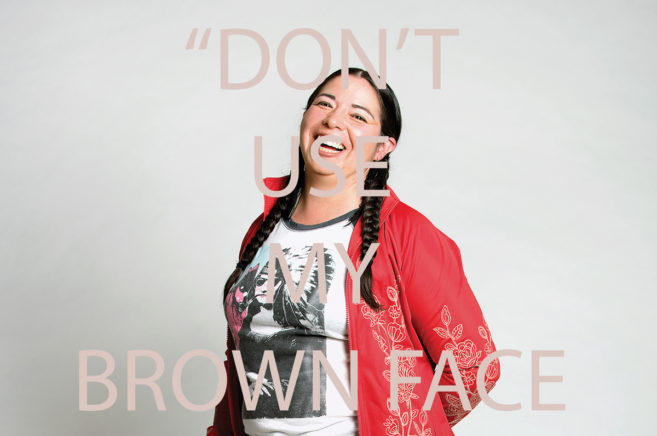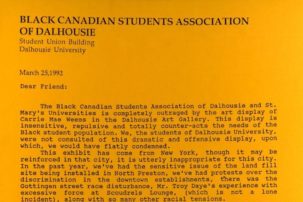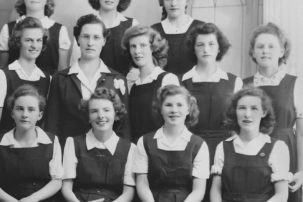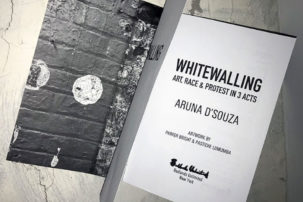VANCOUVER For many, he is the most knowledgeable adviser on China’s burgeoning art scene. A scholar, artist and independent curator, Zheng Shengtian has lived a life that links the arts of Asia with international publics. His career straddles borders: in 1990, while working in North America and Europe after the Tiananmen Square massacre, he was offered Canadian residency. Since then, Vancouver has become his home and the launching point for a myriad of artistic exchanges.
Zheng began connecting Chinese artists and the international art community in the early 1980s. Appointed the director of international affairs for Hangzhou’s National Academy of Fine Arts after the Cultural Revolution ended, he established a library of foreign books and shared thousands of slides from research trips through North America, Mexico and Europe. One of the first Chinese artists to pursue advanced studies abroad after the Cultural Revolution, he penned articles on contemporary art for eager audiences of art students in China. Today, internationally known artists such as Huang Yong Ping and Zhang Peili still address him as Zheng Laoshi (鄭老師), or Teacher Zheng.
In Vancouver, Zheng has focused on building connections between artists, collectors, institutions and the public. As the director of Art Beatus and the Annie Wong Art Foundation from 1995 to 2000, he spearheaded support for Cai Guo-Qiang’s controversial Venice’s Rent Collection Courtyard at the 48th Venice Biennale. In 1998, with Hank Bull, he co-curated “Jiangnan: Modern and Contemporary Art from South of the Yangzi River,” a project that involved 12 Vancouver organizations and fostered a public dialogue on art from China. Zheng and Bull also founded Centre A, the cutting-edge non-profit space for contemporary Asian art that is now in its 14th year of operation.
The artist Ken Lum is a good friend and colleague. In 2000, Zheng and Lum organized an international curators’ tour through China that included Okwui Enwezor, Sarat Maharaj, Lynne Cooke and others. The trip catalyzed the careers of many contemporary Chinese artists, including Wang Jianwei and Yang Fudong. Zheng and Lum also co-founded Yishu: Journal of Contemporary Chinese Art, the first English-language periodical of its kind, which is now widely recognized as the premiere sourcebook in its field.
In 2004, Zheng was the co-curator of the Shanghai Biennale, which debuted works by Jeff Wall, Stan Douglas and others to mainland Chinese audiences. Other collaborative projects have included “Shanghai Modern” at Munich’s Museum Villa Stuck in 2004, “Art and China’s Revolution” at New York’s Asia Society in 2008, and this year’s city-wide Vancouver exhibition “Yellow Signal: New Media in China.”
A consummate cultural ambassador and connector, Zheng is now a member of the board of trustees at the Vancouver Art Gallery, facilitating its involvement at the upcoming Shanghai Biennale. This October, with Katherine Don, he brings his curatorial talent to the “Focus ASIA 2012” project at Art Toronto.
For a man who exudes the depth of lived historical experience, Zheng is modest and free-spirited in person. “I didn’t plan any of this,” he says, laughing. “It happened by chance. Chances will always come, but you have to be ready and work hard, have patience and follow the flow of life. Life has a certain rhythm.”

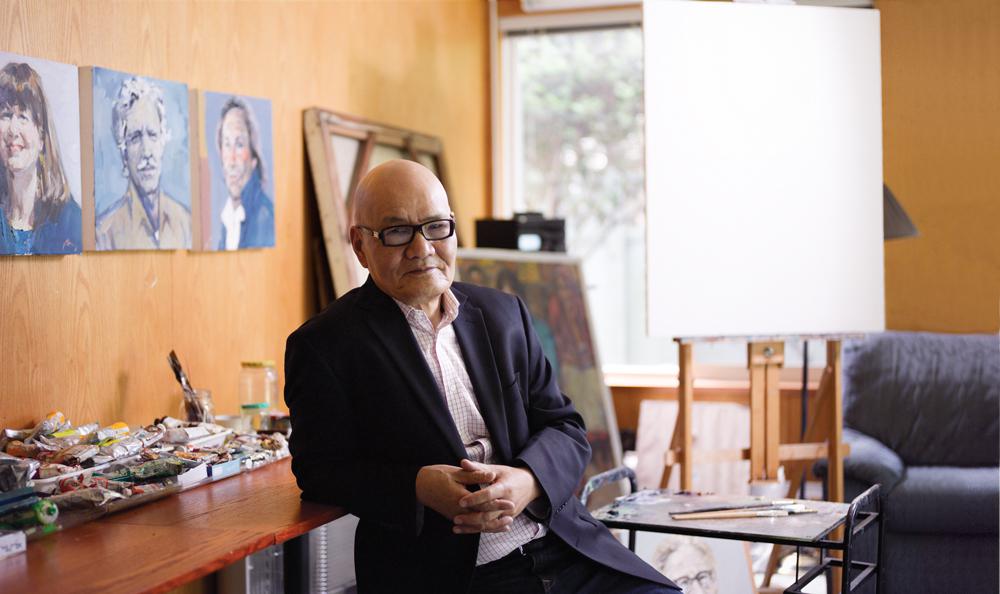 Zheng Shengtian in his Vancouver home’s studio, June 2012 / photo Hubert Kang
Zheng Shengtian in his Vancouver home’s studio, June 2012 / photo Hubert Kang
